Drug and Alcohol Intervention Services For Addiction
Watching a loved one struggle with drug or alcohol addiction can be challenging. If you need support getting someone in active addiction to treatment, Infinite Recovery can connect you with Austin intervention services and help get your loved one the care they need.
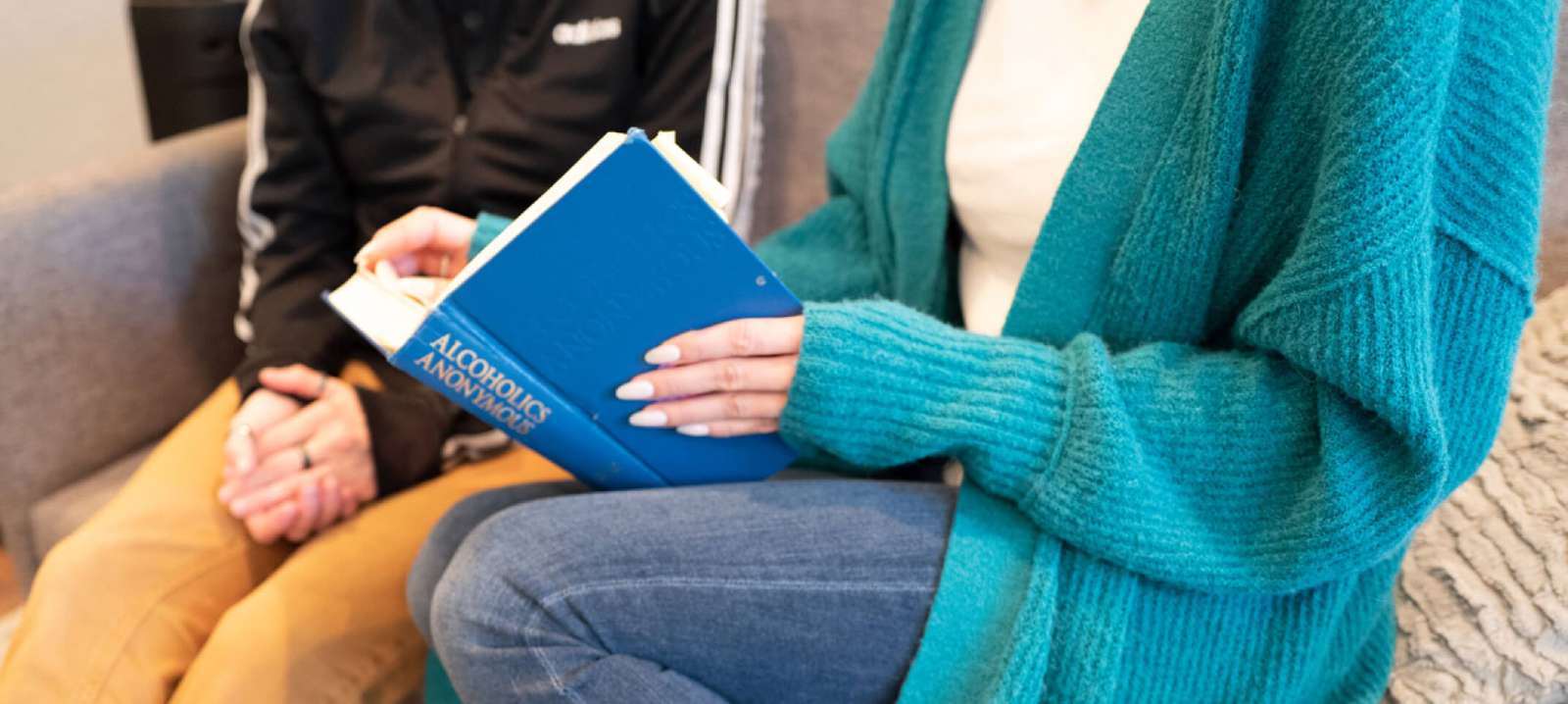
About Our Drug & Alcohol Intervention Process
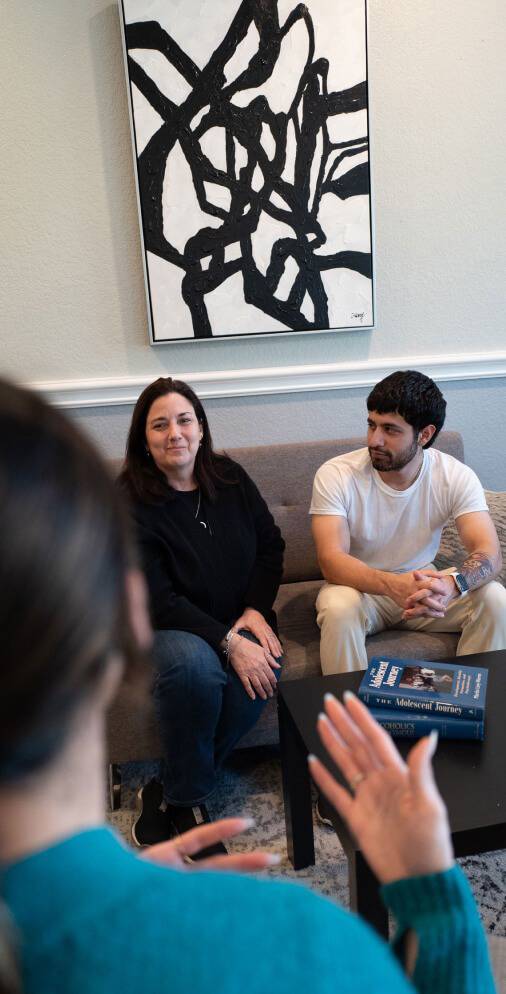
Many families and individuals contact Infinite Recovery because they believe their loved one needs an addiction treatment center, but are not sure about the next steps to take. We evaluate and respond to each inquiry with the utmost care and discretion, recommending Austin area interventionists when appropriate.
Our intervention process begins with a phone consultation where we learn about the situation and the person who is abusing substances and give our professional feedback. Our goal during this time is to get a full understanding of the circumstances, including the nature of the addiction, and whether the person in question has been through interventions before.
If an intervention is requested by a family member or loved one, we recommend a local Austin intervention professional who fits the family’s needs and facilitate an introduction. There are many qualified interventionists in the Austin area, so we strive to find the best match for that family’s circumstances.
During and following the intervention, we work with the family to get the client admitted into one of our addiction programs, and provide transportation to our treatment facility. We offer a full continuum of care for every stage of the recovery journey.
Infinite Recovery offers dedicated case management and family services for our clients’ loved ones, including weekly support groups, addiction resources, therapy referrals, and a monthly two-day family workshop in the Austin, Texas area.
How Professional Intervention Works
Addiction is a destructive disease that affects a person physically, emotionally, and psychologically. A person in active addiction may be unable or unwilling to acknowledge their disease or the effect it is having on those around them, even though it may be obvious to someone observing from the outside.
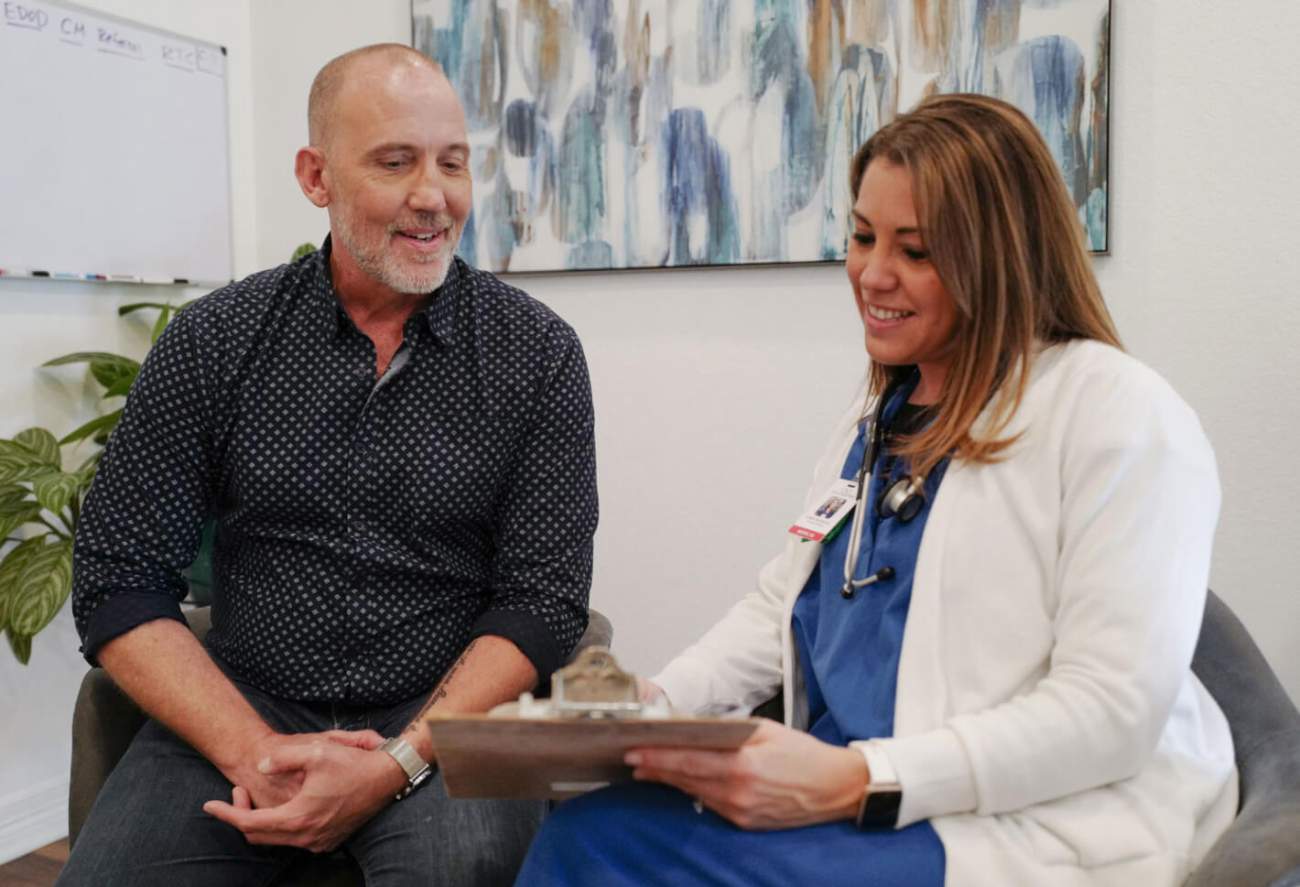
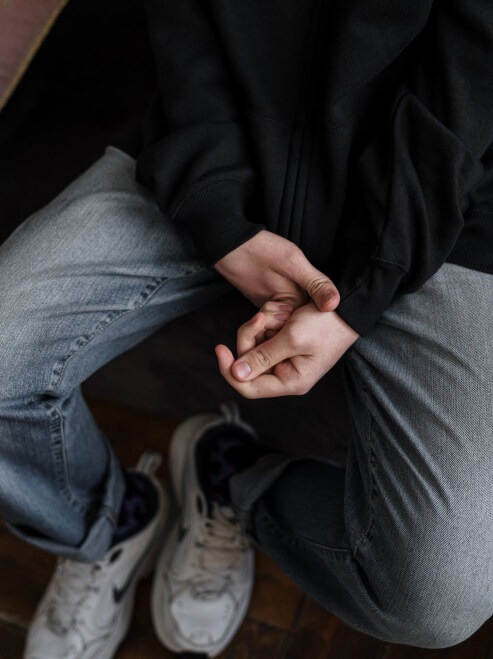
In some situations, a person may recognize that they have a problem but will be hesitant to seek treatment for a number of reasons. They may think that they can conquer addiction on their own and stop anytime they want, or they may be wary about the cost or time commitment of rehab.
An alcohol or drug intervention is a proactive way to bring your loved one into the treatment process and invite them to actively engage in their own recovery. An intervention can also help address their concerns and resolve fears around seeking substance use disorder treatment. However, the decision to enter treatment is ultimately up to the person themselves, and while intervention can be an important first step, it can never force someone to receive help.

What to Expect During an Intervention for Substance Abuse
During an intervention, a trained specialist will facilitate a conversation between the person abusing substances and their loved ones. They can help ensure that the respective parties feel comfortable to express themselves and that the tenor of the conversation remains calm and respectful. Friends and family will have the opportunity to share how they have been impacted by the alcohol or drug abuse and to encourage the person to seek professional treatment. At this time, it is helpful to present treatment options and collaborate on a plan for moving forward.
If the intervention is successful and the person accepts help, the interventionist can help coordinate transferring them to treatment. If the individual refuses help, the interventionist can support their loved ones in holding their boundaries.
When is a Professional Drug or Alcohol Intervention Necessary?
There are many reasons to seek out intervention services. Perhaps efforts to confront the individual about their behavior in the past were unsuccessful or escalated into a fight. Or perhaps loved ones are unsure about how to address the topic or need support in keeping the conversation respectful and on track. Working with a professional interventionist can also remind everyone involved that the current situation is unsustainable and that official steps must be taken.
Alcohol and drug addiction is a complex disease that looks different for every individual, but some of the common signs that your loved one may have a substance use disorder include the following:
- Lying about or hiding substance use
- Missing work or neglecting personal responsibilities because of substance use
- Frequently getting into legal or financial trouble
- Using substances to relieve withdrawal symptoms
- Increased tolerance and use with a seeming inability to cut back
- Changes in mood, appetite, sleep, or psychological symptoms
- Abandoning or pulling back from social or enjoyable activities

Every case we’ve helped is unique. If your loved one is unwilling to accept help or acknowledge their disease, an intervention can help you start the journey to healing, regardless of the addict’s actions.
Please understand that if your loved one has been resisting help up until now, it is likely for a host of reasons. These range from being unable to accept they are sick in the first place, worrying about legal repercussions if they admit to using, or putting work and relationships ahead of healing.
Regardless of the outcome, an intervention can help you create the boundaries and plan you need to feel safe and respond to your loved one’s addiction in a way that is healthy for you.
What Happens After an Intervention?
Provided your loved one has agreed to pursue recovery services, the team at Infinite Recovery can help you and your family take the next steps toward healing.
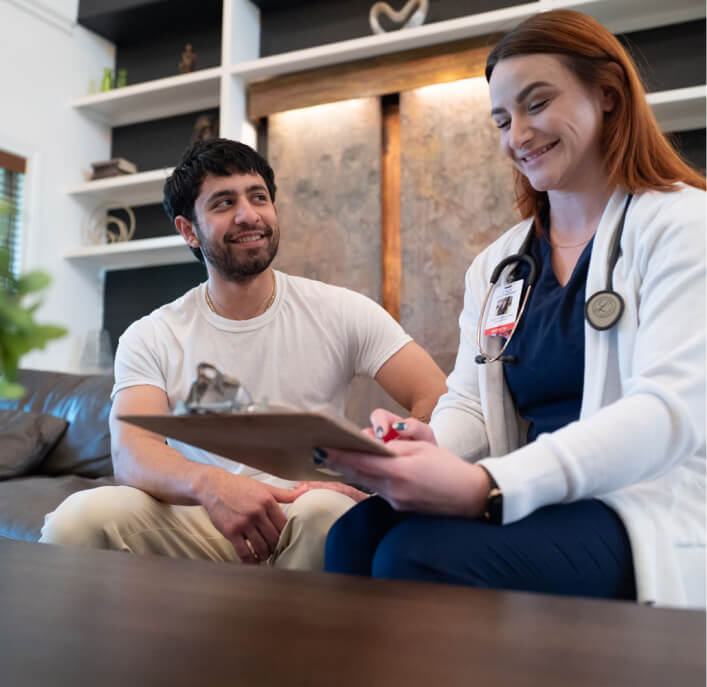
We are able to admit individuals into our detox and inpatient treatment programs 24/7 and offer complimentary transportation to and from our Austin, Texas treatment facility. The admission process involves a screening call, physical assessment and mental health diagnostic testing. For many individuals, the next step will be a medical detox program, during which time they will be able to go through withdrawal and become sober in a safe, supervised and supportive environment.

Infinite Recovery offers a complete continuum of care and personalized case management for individuals struggling with alcohol and drug addiction. Regardless of what treatment program clients initially enter (detox, residential rehab, partial hospitalization, etc.), we can help coordinate their next steps and develop an individualized treatment plan that will support successful long-term sobriety. Our Texas programs are holistic and trauma-informed, which means we don’t just focus on a person’s substance abuse symptoms, but on the underlying factors that led them to the point of addiction.

Our family support specialists reach out to the loved ones of our clients every week to provide support and give clinical updates during outpatient treatment. In addition, we offer a weekly online support group and educational meeting for family members and a monthly two-day family workshop in the Austin, Texas area. The workshop includes education about the disease of addiction and interactive activities that help family members restore relationships and create new patterns of communication, so that they can also build a healthier life.